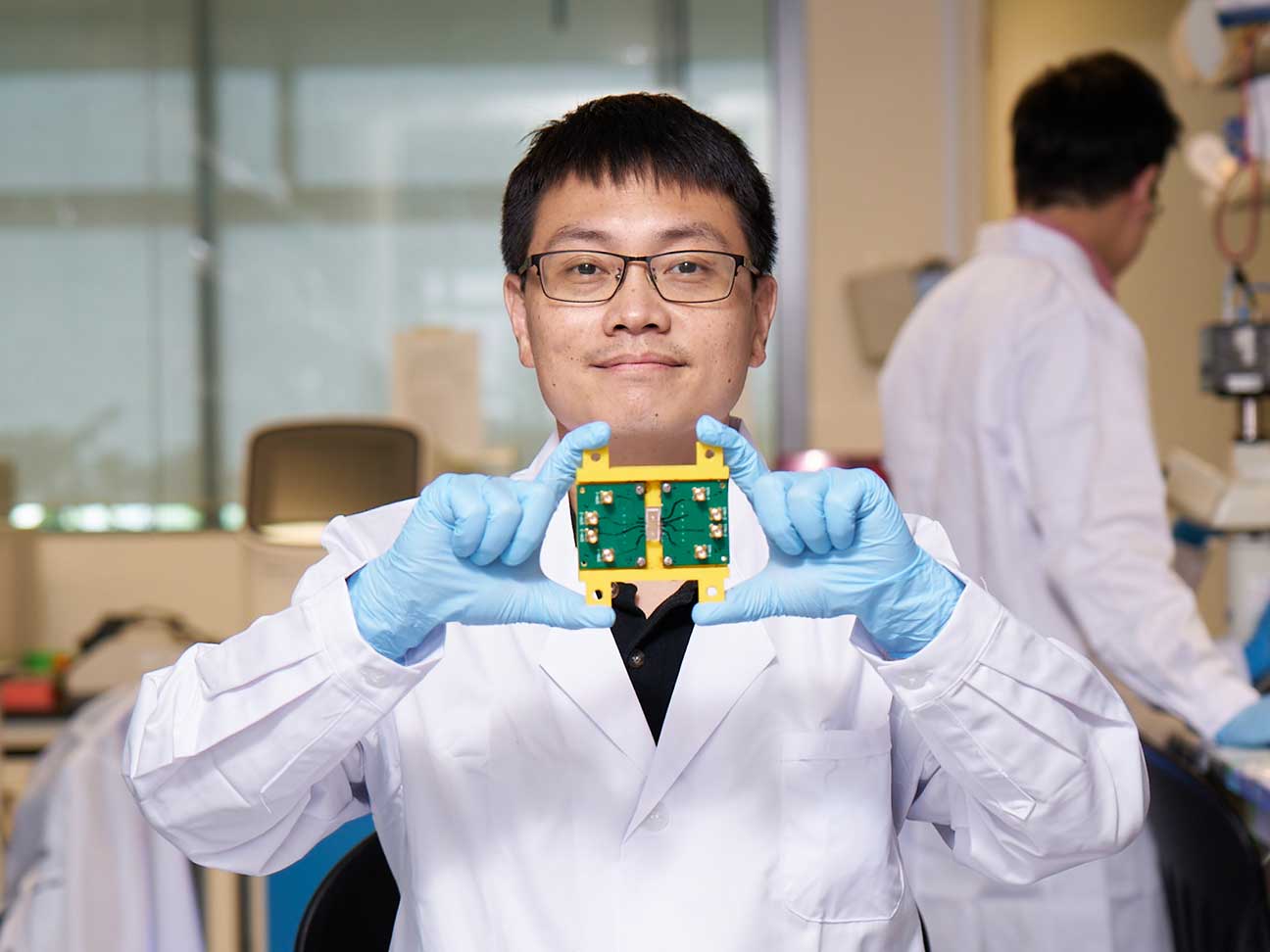News
Robots vs. humans: Which do children trust more when learning new information?
In this digital age, children are exposed to overwhelming amounts of information online, some of it unverified and increasingly generated by non-human sources, such as AI-driven language models. As children grow older, the ability to assess a source’s reliability is an important skill in cultivating critical thinking.
Security flaw discovered in Qualcomm chips
Channel NewsAsia speaks to SUTD researcher Dr Matheus Garbelini who shared about the discovery process. This discovery was made by Dr Garbelini and his team, which includes Assistant Prof Sudipta Chattopadhyay, SUTD PhD student, Shang Zewen, and two researchers from A*STAR.
‘5Ghoul’ Vulnerabilities Haunt Qualcomm, MediaTek 5G Modems
Collectively tagged as 5Ghoul, the 14 security defects can be exploited to drop and freeze 5G connections on smartphones and routers, and to conduct downgrading attacks, according to the research team. The majority of the flaws affect 5G modems from Qualcomm and MediaTek.
For discovering three security flaws in Qualcomm chips, SUTD researcher received over $10,000
Students from the Singapore University of Technology and Design discovered three security vulnerabilities in Qualcomm’s 5G chips, which may disable the 5G network services of about 60% of the world’s mobile phones.
Sino-Singapore Tianjin Eco-City bets on low-carbon future as it marks 15th anniversary
The Singapore University of Technology and Design is setting up a research and innovation centre in the city to support joint projects, enterprise development, education and training, as well as talent exchanges in the low-carbon field.
Enhance confidence in use of technology – Part 1
Professor Yow Wei Quin, Head of HASS, writes about confidence in use of technology in seniors.
Singapore: A*STAR Revolutionises Robotics Education
At the helm of this educational convergence is the ROS-Industrial Consortium Asia Pacific (ROS-I AP), managed by A*STAR’s Advanced Remanufacturing and Technology Centre (ARTC). The consortium spearheads collaborative endeavours with SUTD, NTU, NUS, SIT, Ngee Ann Polytechnic, Republic Polytechnic, and Singapore Polytechnic.
Sino-Singapore Tianjin Eco-City to have green innovation park, be a model for other Chinese cities
The Singapore University of Technology and Design will become the first institute of higher learning in Singapore to set up a research and innovation centre in the Eco-City.
Universities, reskilling courses key to tripling S’pore’s AI workforce to 15,000: Experts
Singapore has consistently scored high in global rankings in digital competitiveness, noted assistant professor of computer science Soujanya Poria at the Singapore University of Technology and Design. This is largely thanks to its coordinated efforts to digitalise.
New local AI music generation model produces “first draft” for composers in one minute
The first “controllable text prompt” AI music generation model has been developed locally. The software called Mustango was developed by a six-person research team led by Soujanya Poria and Dorien Herremans, two assistant professors at the Singapore University of Technology and Design.




